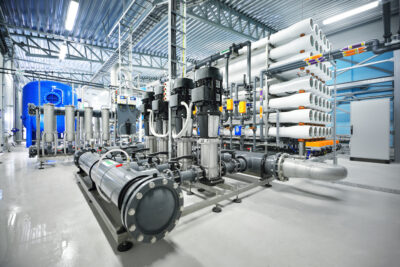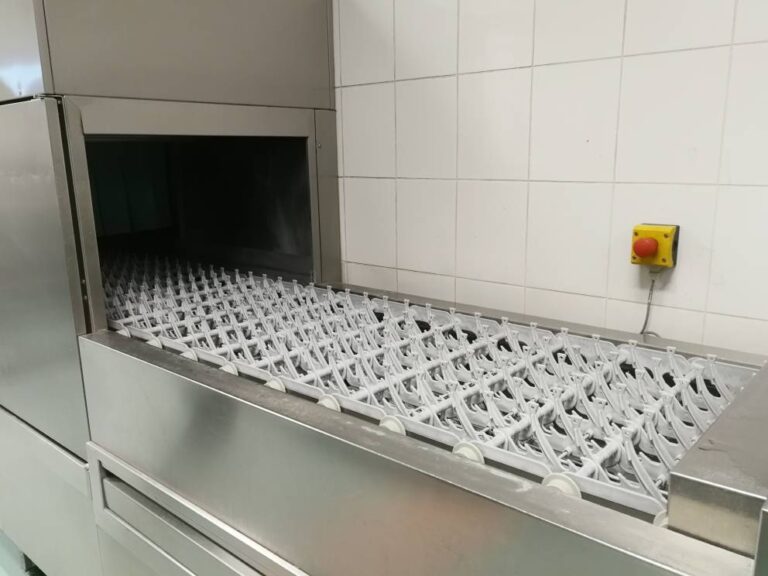In the fast-paced environment of a restaurant kitchen, efficiency and hygiene are paramount. Industrial restaurant dishwashers play a crucial role in maintaining the cleanliness of dishes, utensils, and cookware, enabling restaurants to operate smoothly and meet high standards of sanitation. This article provides an in-depth overview of industrial restaurant dishwashers, including their types, features, maintenance practices, and considerations for selecting the right unit for a restaurant.
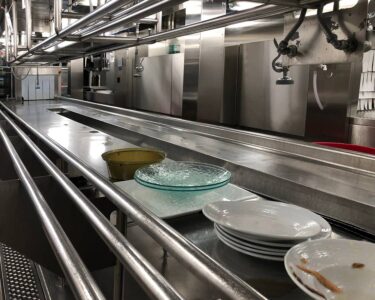
1. Importance of Industrial Restaurant Dishwashers
Industrial restaurant dishwashers are designed to handle the heavy-duty cleaning demands of commercial kitchens. They provide several benefits:
- Efficiency: These dishwashers can clean large volumes of dishes quickly, which is essential for restaurants with high customer turnover and frequent use of kitchenware.
- Hygiene: Proper dishwashing is crucial for food safety. Industrial dishwashers ensure that dishes are sanitized to eliminate bacteria and viruses, reducing the risk of foodborne illnesses.
- Labor Savings: Automating the dishwashing process reduces the need for manual labor, allowing staff to focus on other critical tasks in the kitchen.
- Consistency: Industrial dishwashers provide consistent cleaning results, ensuring that all dishes are uniformly cleaned and sanitized.

2. Types of Industrial Restaurant Dishwashers
Industrial dishwashers come in various types, each suited to different needs and kitchen layouts. The main types include:
Conveyor Dishwashers
- Description: Conveyor dishwashers feature a continuous conveyor belt that moves dishes through different washing stages. They are ideal for high-volume operations and can handle large quantities of dishes efficiently.
- Advantages: High throughput, consistent cleaning results, and the ability to handle various types of dishes and cookware.
- Disadvantages: Requires significant space and has a higher initial cost compared to other types.Undercounter Dishwashers
- Description: Undercounter dishwashers are compact units that fit under standard countertops. They are suitable for smaller kitchens or establishments with lower dishwashing needs.
- Advantages: Space-saving, easier to install and maintain, and generally more affordable.
- Disadvantages: Limited capacity and throughput compared to conveyor dishwashers.
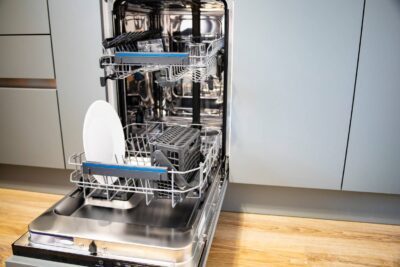
-
Door-Type Dishwashers
- Description: Door-type dishwashers, also known as hood-type dishwashers, have a door or hood that swings open to allow the loading and unloading of dishes. They are suitable for medium-sized operations.
- Advantages: Versatile and can handle a moderate volume of dishes efficiently. They often offer faster cycle times compared to undercounter models.
- Disadvantages: Requires a significant amount of space and can be less efficient for very high-volume operations.
-
Flight Type Dishwashers
- Description: Flight-type dishwashers are similar to conveyor dishwashers but use a more sophisticated conveyor system with racks or trays. They are designed for extremely high-volume dishwashing needs.
- Advantages: Very high capacity and speed, suitable for large-scale operations with continuous dishwashing needs.
- Disadvantages: High initial cost and extensive space requirements.
Key Features to Consider
When selecting an industrial restaurant dishwasher, consider the following features:
Capacity and Size
- Capacity: Choose a dishwasher with the appropriate capacity based on the volume of dishes your restaurant handles. Consider the number of racks or trays it can accommodate per cycle.
- Size: Ensure that the dishwasher fits within the available space in your kitchen. Measure the dimensions carefully and account for space needed for loading and unloading.
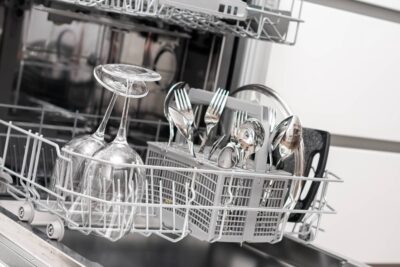
-
Energy and Water Efficiency
- Energy Efficiency: Look for dishwashers that are energy-efficient to reduce operational costs. Energy Star-rated models are a good choice for minimizing energy consumption.
- Water Efficiency: Efficient water usage is crucial in a commercial kitchen. Select a dishwasher that uses minimal water while providing effective cleaning.
- Cycle Time and Performance
- Cycle Time: Faster cycle times can improve efficiency, especially during peak hours. Compare the cycle times of different models to find one that meets your needs.
- Performance: Ensure that the dishwasher provides thorough cleaning and sanitization. Check for features like high-temperature wash and rinse cycles, as well as adjustable racks.
-
Ease of Use and Maintenance
- User-Friendly Controls: Opt for a dishwasher with intuitive controls and displays that make operation easy for your staff.
- Maintenance: Choose a model that is easy to clean and maintain. Look for features like self-cleaning options and accessible components for regular servicing.
-
Durability and Build Quality
- Material: Industrial dishwashers should be constructed from durable materials like stainless steel to withstand the rigors of a commercial kitchen.
- Build Quality: Ensure that the dishwasher is built to last and can handle the demands of daily use in a busy restaurant environment.
Maintenance and Care
Proper maintenance is essential to ensure the longevity and efficient operation of your industrial dishwasher:
- Regular Cleaning: Clean the dishwasher’s interior, including spray arms, filters, and drains, regularly to prevent clogs and maintain performance.
- Routine Inspections: Schedule regular inspections by a professional technician to check for wear and tear, and to ensure that all components are functioning correctly.
- Descaling: In areas with hard water, use descaling agents to prevent mineral buildup, which can affect the dishwasher’s performance.
- Training Staff: Train your staff on proper loading techniques and dishwasher operation to prevent damage and ensure effective cleaning.
Conclusion
Industrial restaurant dishwashers are vital for maintaining the efficiency and hygiene of a restaurant kitchen. By understanding the types of dishwashers available, key features to consider, and best practices for maintenance, restaurant operators can make informed decisions and select the best dishwasher to meet their needs. Investing in a high-quality, efficient dishwasher not only improves operational efficiency but also enhances food safety and customer satisfaction.

